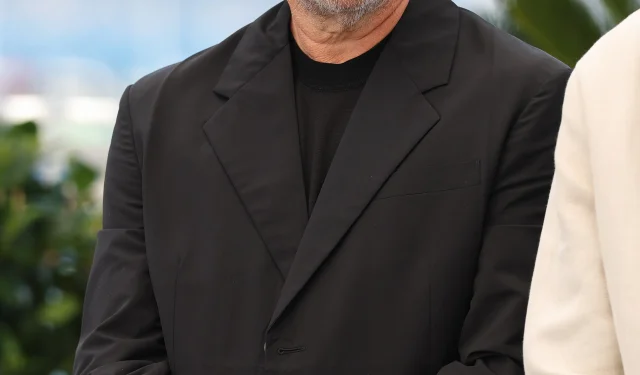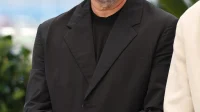Richard Linklater’s Nouvelle Vague: A Tribute to French New Wave Cinema
At the recent Cannes press conference, acclaimed director Richard Linklater remarked on his latest film, Nouvelle Vague, saying, “If you do it long enough, you can make one film about making films. This is mine.” Positioned as a heartfelt tribute to the revolutionary French New Wave movement, Linklater’s film explores the creative process behind Jean-Luc Godard’s iconic work, Breathless.
What Nouvelle Vague Explores
Nouvelle Vague chronicles the behind-the-scenes journey of creating Breathless, a landmark in cinema history. Shot in a classic 4:3 aspect ratio and entirely in French, it features Guillaume Marbeck portraying Godard, Zoey Deutch as the film’s starlet Jean Seberg, and Aubry Dullin as the charismatic Jean-Paul Belmondo. Originally released in 1960, Breathless tells the story of Michel Poiccard (played by Belmondo), a petty criminal fleeing after the murder of a police officer, and his romance with Patricia Franchini (Seberg), an American student in Paris.
Linklater’s Creative Journey
Reflecting on his distinct position as an American filmmaker tackling a cornerstone of French cinema, Linklater expressed concerns about potential backlash: “Ten years ago, we contemplated this project, fearing that an American director might be unwelcome. I thought, ‘We will never showcase this film in France.'” However, upon receiving a rousing 10-minute standing ovation at its premiere, he felt the atmosphere shift positively.
Known for his remarkable works like the Before trilogy, Dazed and Confused, and Boyhood, Linklater emphasized the personal significance of Breathless: “It represented freedom and the notion of the personal film.” He added, “Making this film felt like returning to my 28-year-old self. I had to erase my previous experiences to recapture that first film mentality.”
A Homage to Classic Filmmaking
The Hollywood Reporter aptly notes, “If Nouvelle Vague is not precisely Breathless, it stands as a loving homage to the unpredictable methods of its creation—back when films were shot quickly, affordably, and chaotically, yet managed to transform cinema.”
Industry Perspectives and Future Visions
In light of discussions at the Cannes film market regarding potential tariffs from former U.S. President Donald Trump on films produced abroad, Linklater voiced skepticism. “That’s not going to happen, right?” he quipped. “That guy changes his mind like 50 times a day.”
Adding her perspective, Deutch expressed a desire for revitalization in Los Angeles filmmaking. “It would be wonderful to create more films in Los Angeles, with its rich history and vibrant culture,” she said, reflecting on her recent filming experience in the city, which she described as “magical.”
Linklater, who collaborated with French producers for Nouvelle Vague, commented on the robustness of the French film industry: “I admire how they focus on and care for their industry, ensuring it remains healthy. The U.S. could definitely learn from that.”


